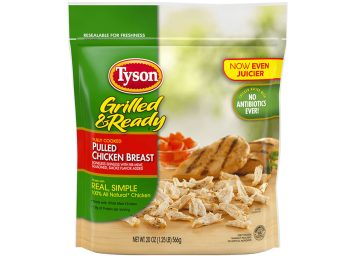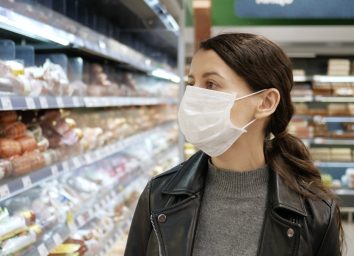5 Reasons Why a Global Food Shortage is Becoming a Real Concern
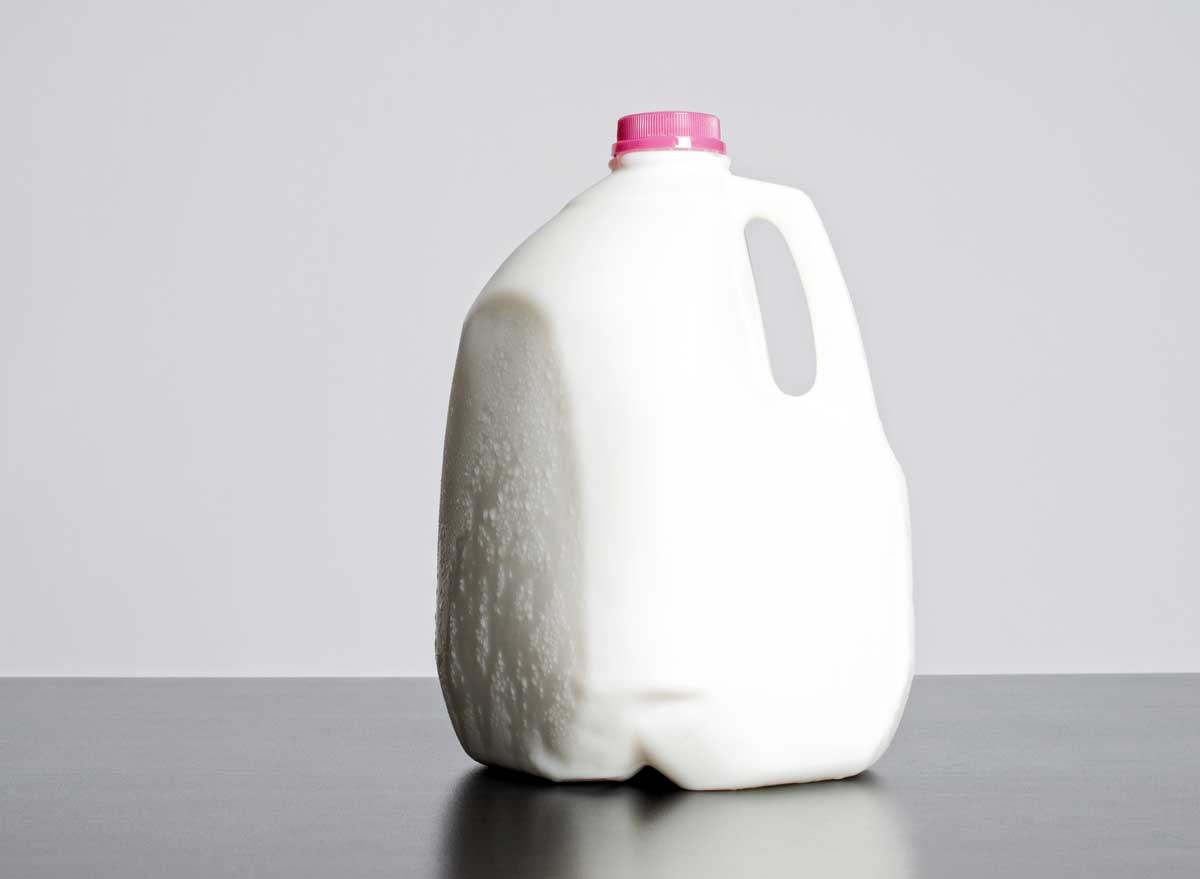
The COVID-19 pandemic is putting significant stress on the global food supply chain, which has industry experts sounding a loud alarm. Yesterday, an executive at giant meat processing company Tyson Foods published an advertisement in The New York Times and The Washington Post that warned "the food supply chain is breaking" as a result of the coronavirus outbreak.
A future food shortage crisis is a real possibility, and you can already see the scarcity—and higher prices—of a number of products at your local grocery store. That said, the food shortage may be a more imminent threat globally than just in the United States.
Millions of people around the world are now suffering from hunger as a result of the COVID-19 contagion. National lockdowns and social distancing measures have effectively abated the spread of the deadly virus, but it's also drying up work and incomes for critical workforce members. It's also very likely to disrupt agricultural production and supply routes, leaving millions to worry about how they will get enough to eat.
Meat processing factory closures and dairy farmers pouring out milk may be getting headlines, but consider the food supply chain to be an interdependent ecosystem in which each component relies on one another. Here are five reasons why a future food shortage is a very real possibility and a major concern for all of us. And, to keep yourself informed, sign up for our newsletter to get the latest coronavirus food news delivered straight to your inbox.
Supplies aren't matching current demands.
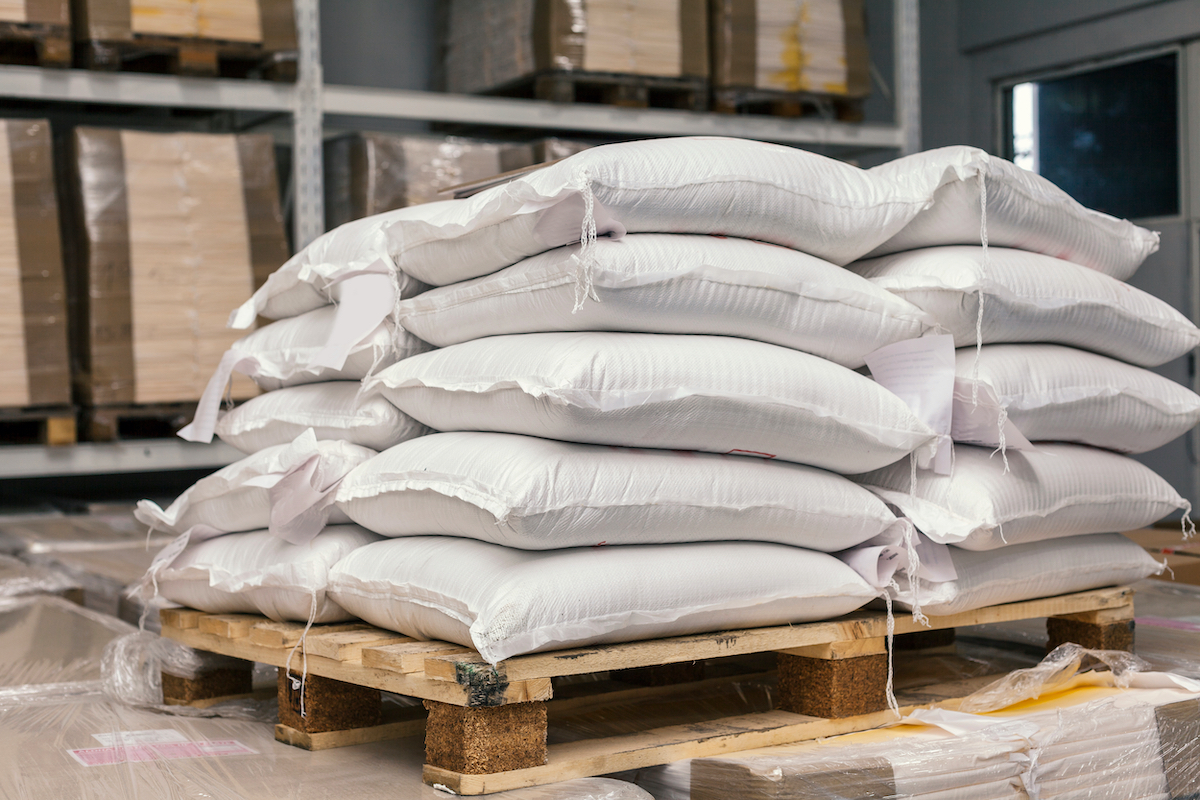
The nationwide shutdown has thrown off traditional food supply chains in very inconvenient ways. For instance, schools, restaurants, and even cruise ships being temporarily shuttered means that the foods designed for these places do not align with the sudden spike in grocery shopping and home cooking. A 50-pound bag of rice or flour designed for a hotel or college cafeteria is of no use to a grocery store or someone cooking at home. This also applies to food and beverages designed for restaurants, bars, and food courts that are currently closed. For example, the Wall Street Journal recently reported that nearly one million kegs of beer are going stale because no bars and restaurants are open to take them.
Food processing factories are shutting down.
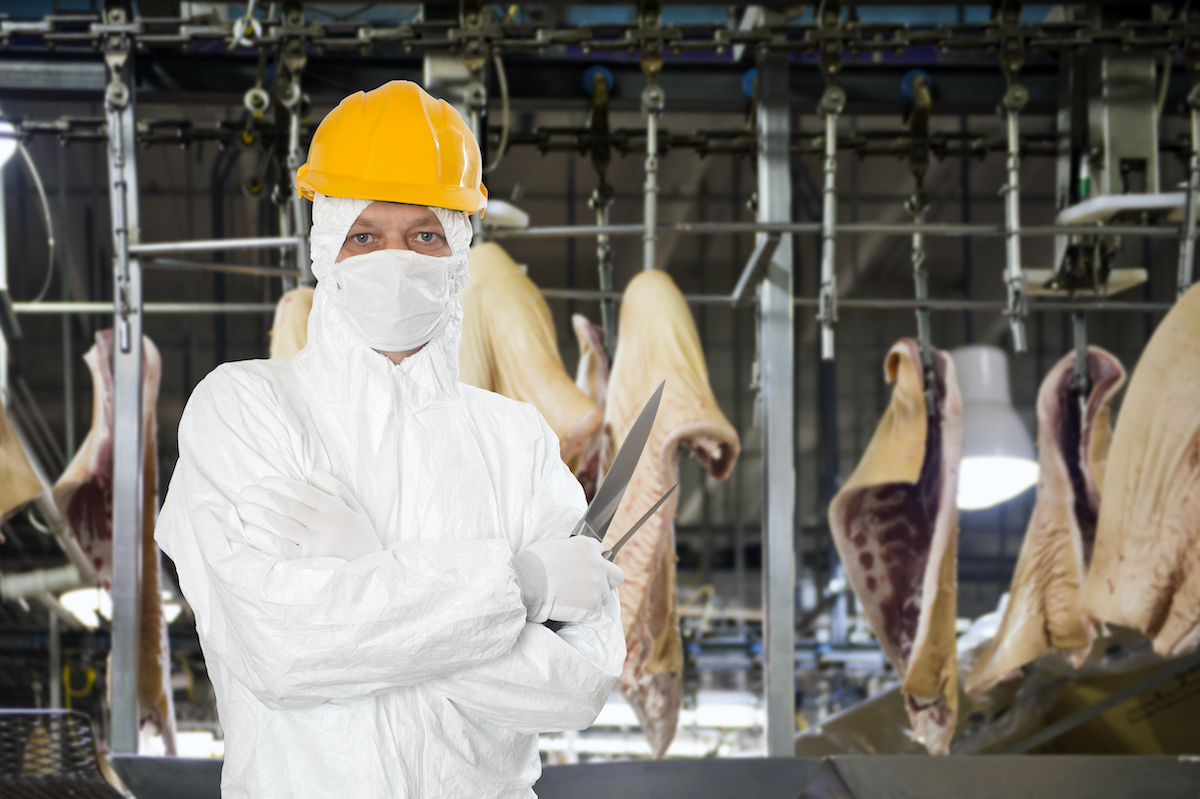
A number of meat processing plans have recently shut down due to outbreaks of the coronavirus in these facilities. Smithfield Foods, the largest pork producer, shut down their Sioux Falls plant earlier in April. And recently, an Iowa-based pork processing plant owned by Tyson Foods temporarily shut down as well. Meat processing plants are a critical part of the food supply chain, and when a few of them close, it puts a bigger burden on those that remain open.
Dairy products are going to waste.
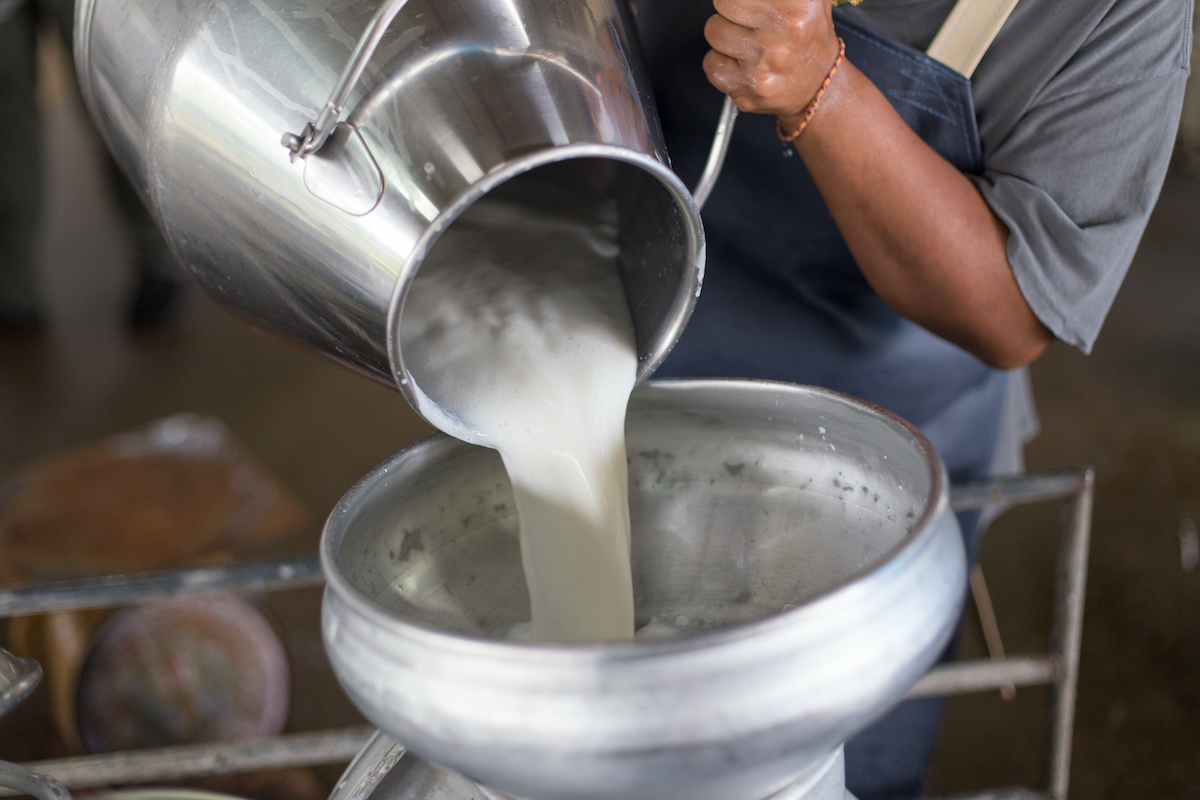
The milk supply chain has seen disruptions that are preventing dairy farmers from getting their products to market, despite strong demand for basic foods like milk and eggs. Multiple reports have surfaced of dairy farmers discarding milk and other dairy products that are not being sold, largely due to school, restaurant, and hotel closures. When farmers have to resort to throwing out their product, they do not get paid for their efforts. And while federal bailouts will help in the short-term, the fragile ecosystem of our food supply chain relies on the success of farmers and processing plants staying in business.
Workers can't travel to their jobs.
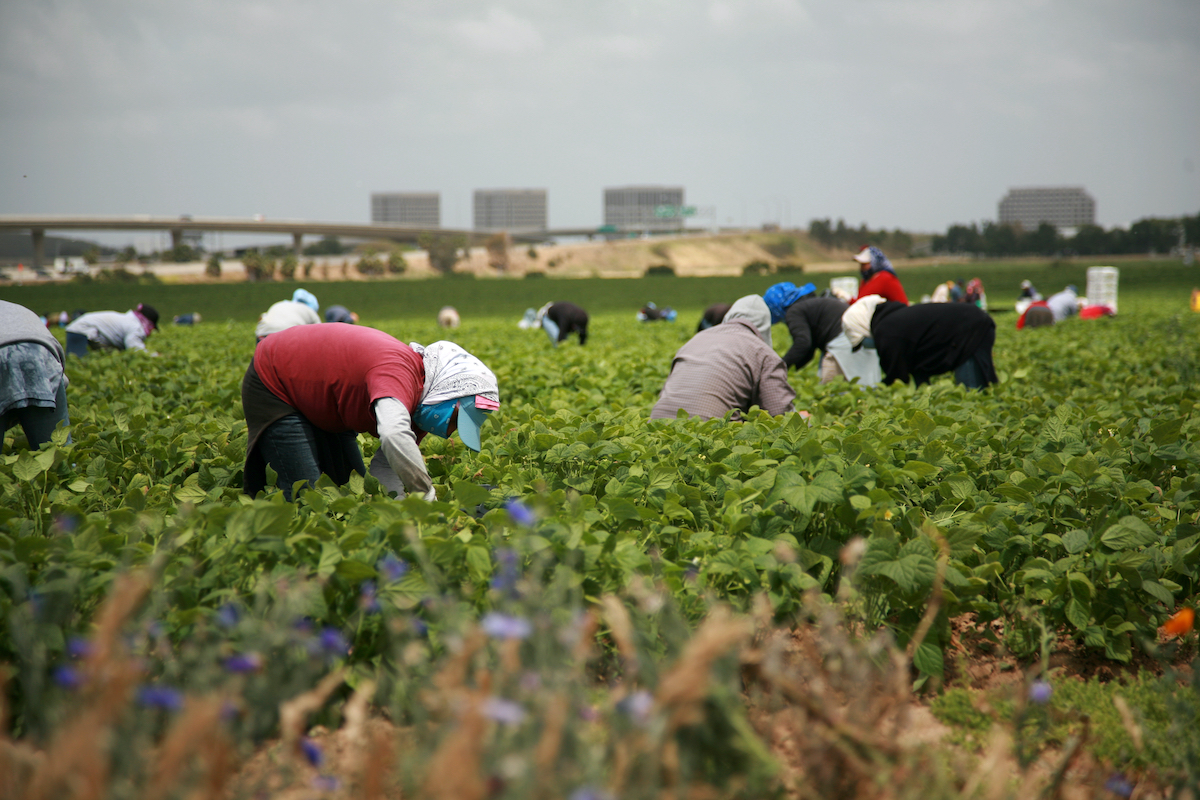
The nearly nationwide lockdown designed to abate the spread of COVID-19 has severely limited travel. This limitation is not just a domestic issue for harvesters of fruits and vegetables who rely on intrastate travel to get to work, it also affects foreign produce supply chains. European farms, for example, often rely on migrant harvesters from, say, Poland or Romania, many of whom are unable to travel due to the pandemic.
Exports have been halted or slowed.
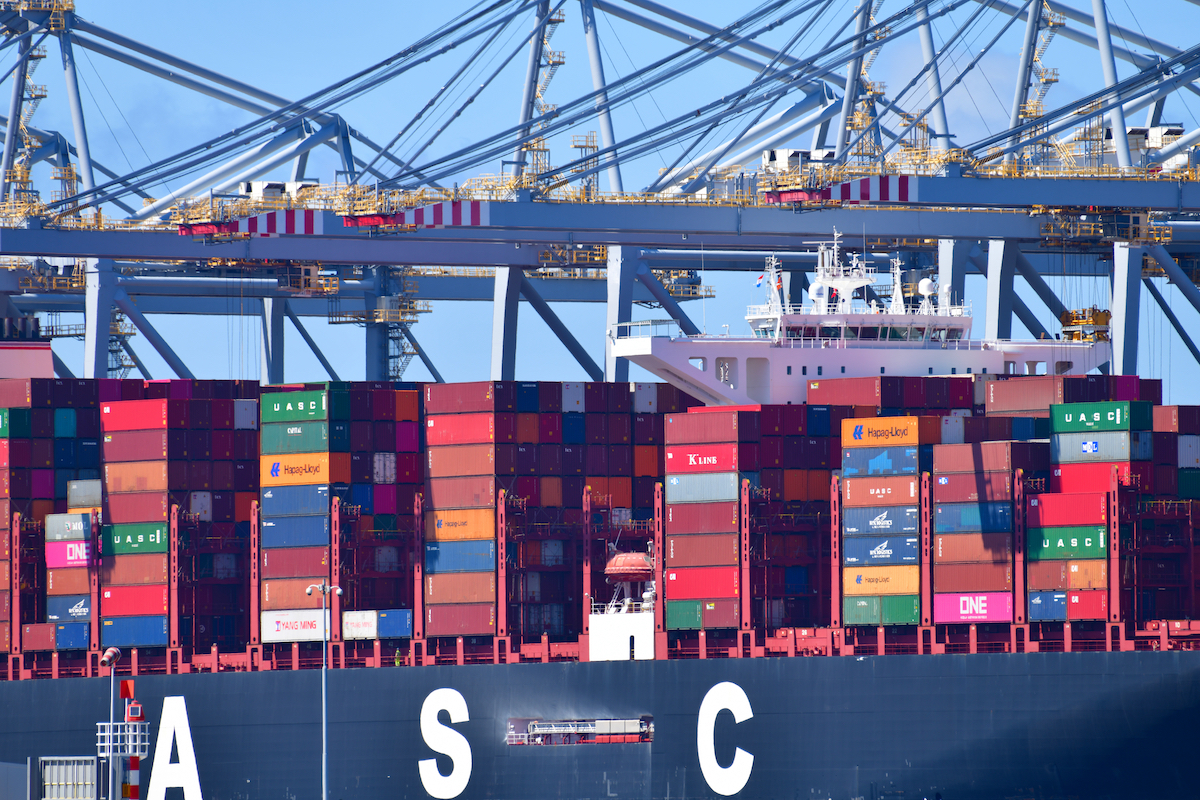
The exportation of basic foods, like rice from Vietnam, has slowed considerably due to coronavirus-related travel restrictions and lockdowns. Nearly every part of the importing and exporting process has been shut down or severely stressed by coronavirus concerns, which has serious implications for countries who are overly reliant on imported foods.
As time goes on, these problems will likely grow, putting a significant strain on the global food chain. However, with the hope that states and countries are slowly beginning to reopen—or are coming up with creative and innovative ways to address these issues—these may just be temporary or short-lived problems.
